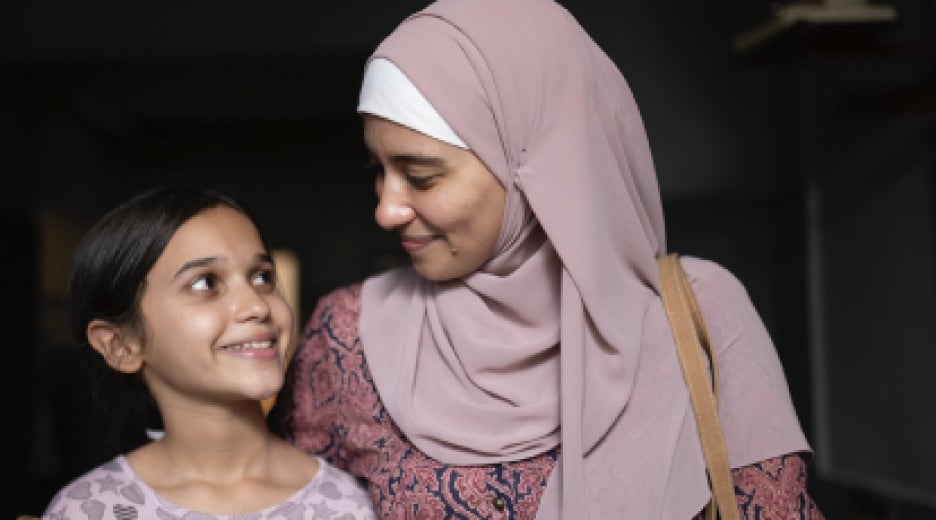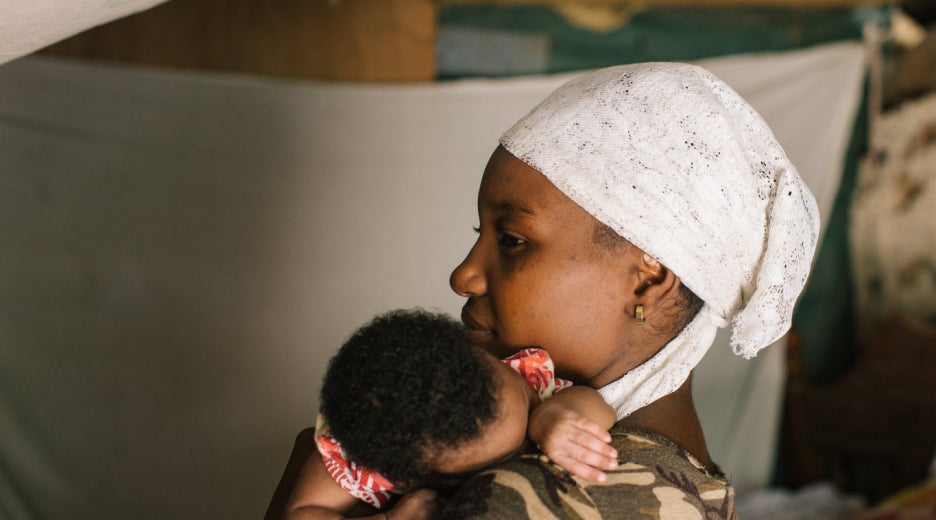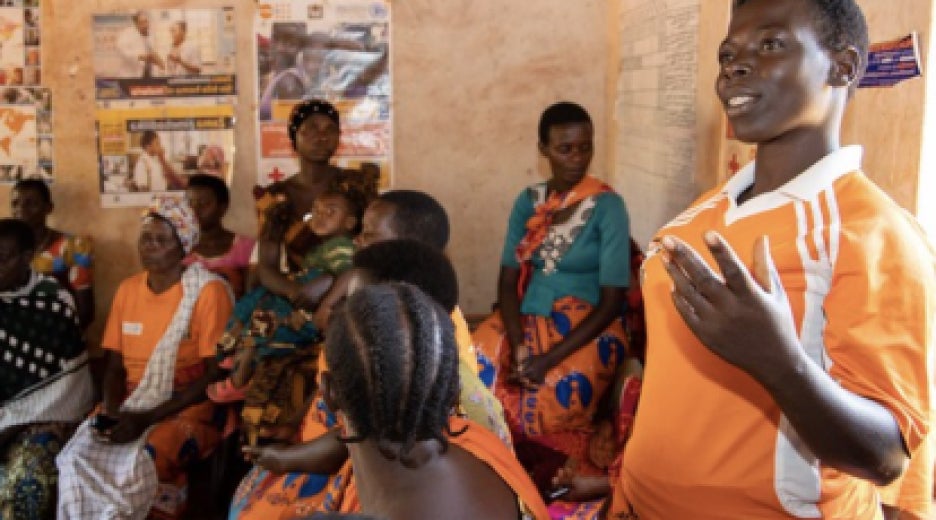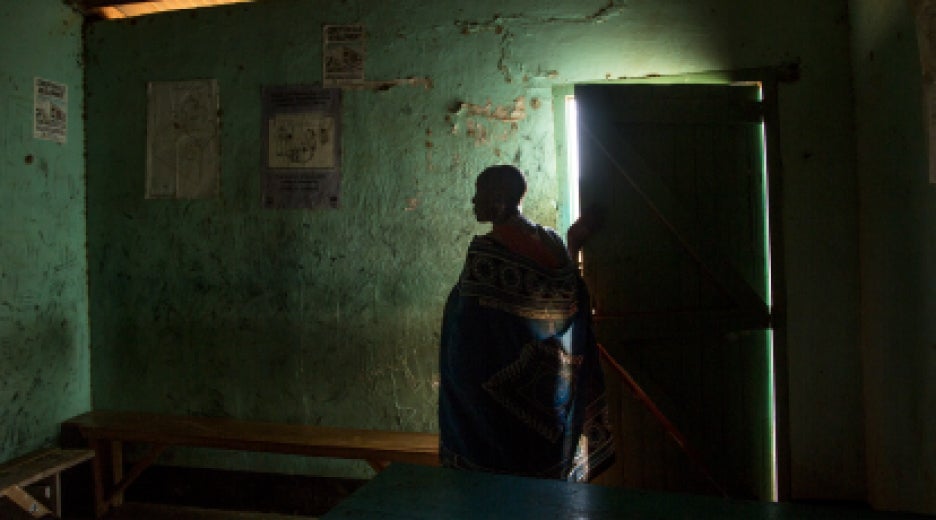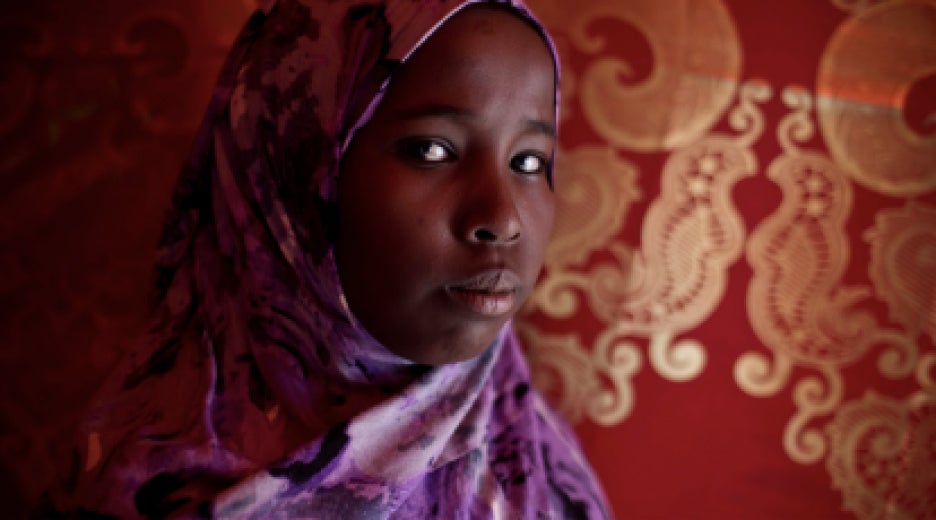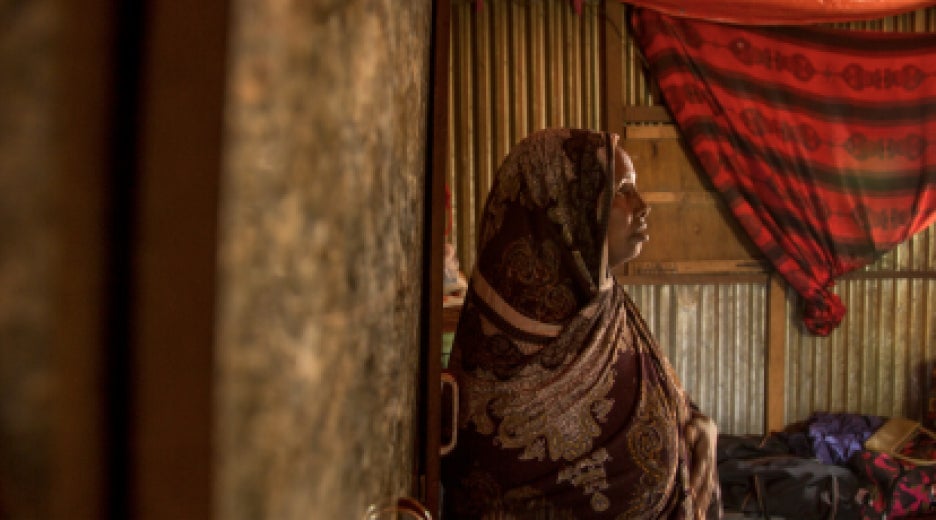Need ideas for your programming? Explore successful implementation examples.
Mali
Hairdressers Promote Family Planning.

In rural Mali, girls and women often fear that they will be stigmatized when they visit health facilities for services related to family planning or gender-based violence. The distance to health facilities and the cost of transportation present additional challenges.
To dismantle such barriers, UNFPA supports innovative approaches that empower women to access sexual and reproductive health services locally. One such approach involves training beauticians from hairdressing salons serving women and girls to provide family planning counseling and information on gender-based violence and to refer women, when needed, to clinical services or for long-term contraceptives. The trained hairdressers are provided with short-term contraceptives and awareness-raising materials and are supported through regular supervision.
Piloted with 10 salons in 2020, the project has since scaled up to 700 salons. During 2020 and the first three months of 2021, it provided contraceptive methods to 96,181 women.
Philippines
Investigating the Barriers to Reproductive Health and Rights.

In 2012, the Philippines enacted a groundbreaking law—the Responsible Parenthood and Reproductive Health (RPRH) Act—recognizing Filipinos’ sexual and reproductive rights. Giving priority to women and those living in poverty or crisis situations, the law guarantees universal, free access to contraception, as well as expanded sexual and reproductive health education, including for adolescents. It also recognizes women’s right to post-abortion care.
In the years following the law’s enactment, progress in implementation was extremely slow – in a country with one of the highest maternal mortality rates in the Asia-Pacific region, as well as high rates of unmet need for family planning. Women’s organizations and reproductive health advocates called on the Commission on Human Rights to act, prompting the creation of a national inquiry on reproductive health and rights with the support of UNFPA. Carried out in 2016, the inquiry included regional consultations, fact-finding missions and public hearings, and consulted 1,263 individuals.
The findings highlighted the uneven delivery of reproductive health services across regions and social strata, primarily because of fragmented health service delivery resulting from decentralization and the autonomy of local governments units. It also found that most people were not aware of their rights and entitlements under the RPRH Act. Furthermore:
- The law was not uniformly supported by local governments. For example, Manila City prohibited public funding from going to contraceptives, and Sorsogon City – whose mayor sponsored a radio show that spread misinformation on contraceptives, claiming that they caused cancer – refused to implement the law.
- Poor women were often treated with disrespect at health facilities, causing them to avoid seeking health services.
- Health care providers often discriminated against people with diverse SOGIESC and those living with HIV, often refusing to provide them with counselling and services.
- Young people, because they needed parental consent to access sexual and reproductive health services, were not accessing modern methods of family planning or being tested for HIV. They had little information on how to prevent pregnancies, leading to an increase in teenage pregnancies.
As a result of the national inquiry, the Department of Health began changing policies and practices that were hindering access to reproductive health services among women, adolescents, and people with diverse SOGIESC. Civil society and the United Nations have leveraged the inquiry’s findings to engage with international human rights mechanisms, including the Committee on the Elimination of Discrimination against Women and the Universal Periodic Review of the Human Rights Council, which made recommendations to the Philippine government to strengthen its implementation of the RPRH Act and guarantee women’s access to effective methods of family planning. In 2017, the president of the Philippines signed an executive order directing various government agencies to intensify efforts to achieve zero unmet need for modern family planning, in accordance with the RPRH Act.
